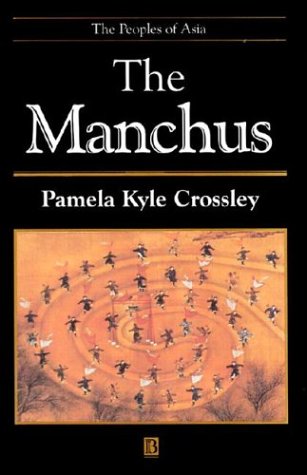Peoples of Asia
1 total work
For centuries the Manchurian peoples inhabited a cultural and economic world that made them sometimes enemies, sometimes allies, of neighboring Chinese, Koreans, Mongols, and Russians. Between 1636 and 1700 this picture changed dramatically. The Manchus united and conquered the whole of China and Mongolia. A century later they added Tibet and Eastern Turkistan, creating one of the largest land empires in history. How they achieved this, and what the consequences were to themselves and to their subjects, are the main themes of this book. The final chapters reveal the roles the West and Japan played in undermining Qing authority in the nineteenth century and the sporadic attempts to restore it in the twentieth. Lastly, the book considers the fate of the contemporary Manchu minority in China and examines new signs of its resurgent identity.
